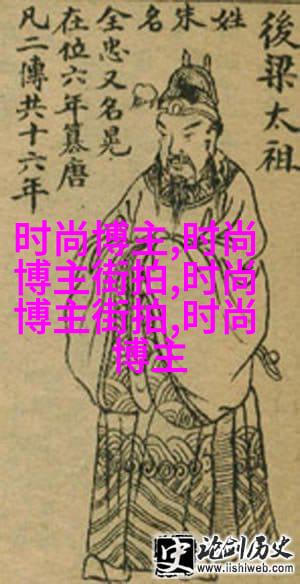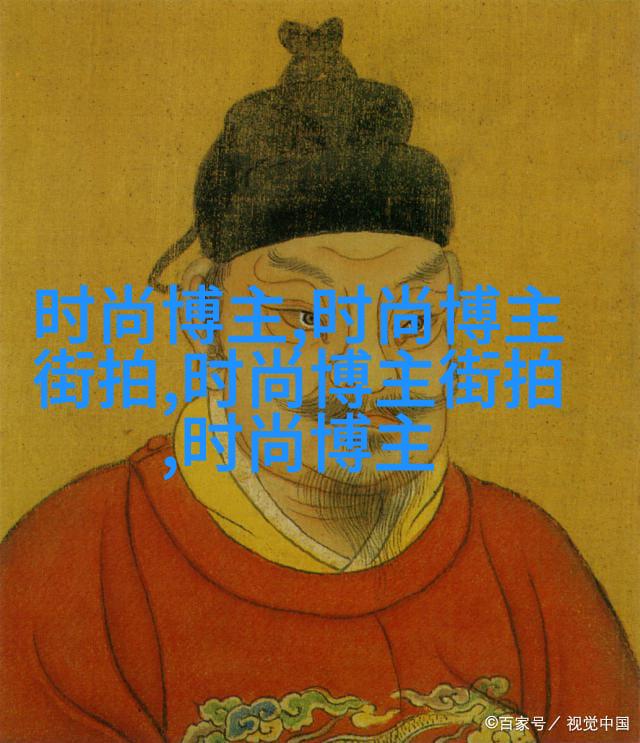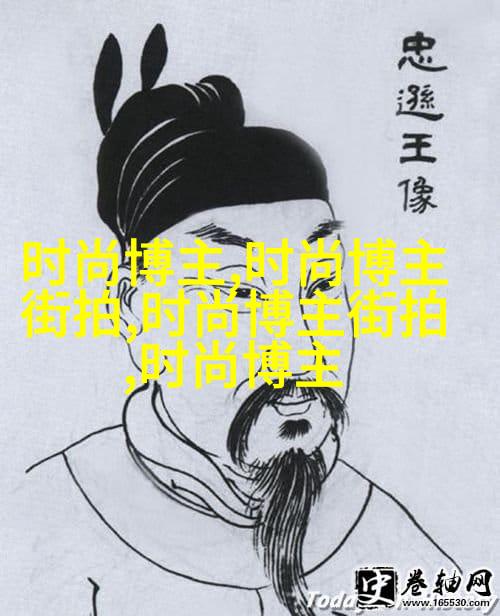The Art of Activism in Music Tupacs Social Comment
Tupac Shakur, often referred to as 2Pac or simply Pac, was a legendary American rapper, actor and social activist who left an indelible mark on the music industry and society at large. Born on June 16, 1971 in East Harlem, New York City, his life was marked by both hardship and resilience. Through his powerful lyrics and unwavering commitment to social justice causes, Tupac used music as a tool for activism.

From Street Life to Social Consciousness
Growing up in poverty-stricken conditions had a profound impact on Tupac's worldview. He witnessed firsthand the harsh realities of urban life—crime-ridden streets, racial inequality and gang violence—and these experiences shaped his perspective as he began writing rap songs. His early work reflected this streetwise mentality but also showed hints of a growing awareness about societal issues.

Social Commentary Songs
Tupac's breakthrough album "Me Against the World" (1995) featured several tracks that exemplified his transition towards socially conscious lyrics. The song "I Wonder If Heaven Got A Ghetto," for instance, touched upon themes of economic disparity between different communities while maintaining its hip-hop roots with catchy beats.

The Power of Protest Music
Protest music has long been an integral part of American history; from Woody Guthrie to Bob Dylan to Public Enemy before him, artists have consistently used their platforms to speak truth-to-power and challenge unjust systems. Tupac carried this tradition forward with songs like "Changes," which addressed systemic racism through vivid imagery:

"It takes skill to be real,
Time to heal each other,

Can't we just live?"
Excerpt from "Changes"
In these lines lies not only anguish over societal problems but also hope for change—a sentiment that resonated deeply with many young people struggling against similar injustices during the mid-90s.
Artistic Evolution & Impact
Over time Tupac continued refining his style while addressing new topics such as police brutality ("How Do U Want It"), political corruption ("Hit 'Em Up") and even personal struggles ("Dear Mama"). As he evolved artistically so did his message; it became more nuanced yet no less potent.
His influence extended beyond America; throughout Europe especially there were fans drawn into this world where art met activism - they saw parallels between what happened across oceans too: discrimination based on race/ethnicity/national origin etc., resulting in increased solidarity among oppressed groups worldwide.
It is difficult now looking back at all those years ago when I first heard about Mr.Tupak Shakur’s death… How could something like this happen? Why should someone who spoke out against injustice suffer such tragedy? This pain still lingers today.
So why do we remember him?
Why is he still celebrated?
It’s because despite being gone physically,
His spirit remains alive
Through us
We are inspired by your legacy
To fight for our rights
To stand tall against oppression
And though you’re gone,
You are never forgotten
For you will always be remembered
As one who fought tirelessly
Against injustice
Your voice continues speaking loud
Inspiring generations after generations
Thank you Mr.Tupak Shakur



